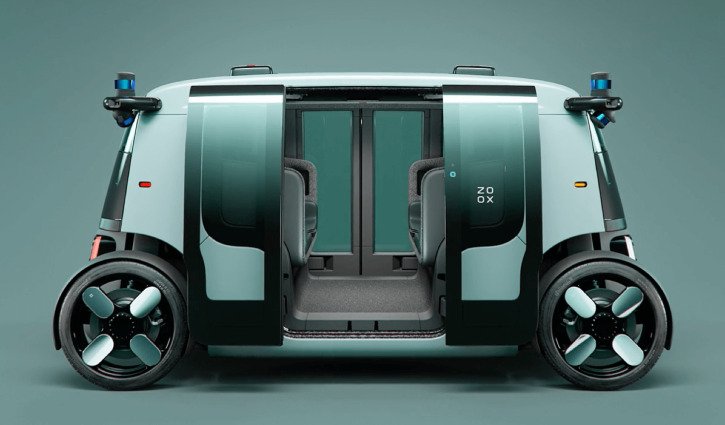Chinese artificial intelligence (AI) company Baidu will be deploying driverless cars across Europe through a partnership with ride-sharing platform Lyft.
If approved, the driverless vehicles could be on the road in Germany and the U.K. in 2026, with thousands to follow across Europe in the following years.
The robotaxi that will be on the roads in Baidu’s Apollo Go, which the company's co-founder, chairman and CEO, Robin Li, said will be a significant milestone.
“This collaboration represents our commitment to making autonomous mobility accessible worldwide while working with local partners who understand their communities,” Li said.
“By integrating Baidu's cutting-edge autonomous driving technology with Lyft's platform reach and operational expertise, we're excited to deliver safer, greener, and more efficient mobility solutions to more users."
Lyft CEO, David Risher, said the partnership is about creating a great customer experience and bringing all the benefits of autonomous vehicles to Europeans.
"It's part of our hybrid network approach, where AVs and human drivers work together to provide customer-obsessed options for riders,” he said.
“And importantly, we're committed to working hand-in-hand with local regulators to ensure we deploy these vehicles in their communities in a smart, thoughtful way that benefits everyone."
So far, Baidu’s Apollo Go is available in 15 cities with rides surpassing 11 million.
This comes after Baidu partnered with Lyft competitor Uber to deploy robotaxis outside the U.S. and mainland China, with a focus on the Middle East and Asia, which are set to be deployed later this year.
It also comes as Uber partnered with self-driving car technology firm Wayve to launch trials of fully autonomous rides in 2026 in the U.K., a market Lyfy is desperate to capture.
Robotaxis have already rolled out in some parts of the U.S., and the market is set to reach US$38.9 billion by 2030, according to Research and Markets.
Related content



